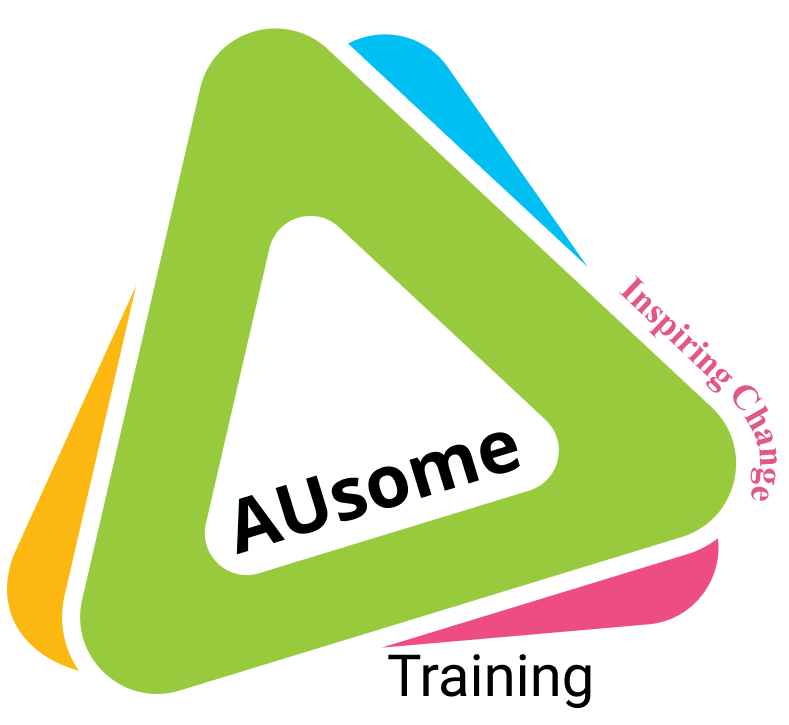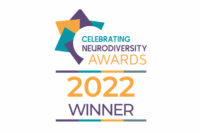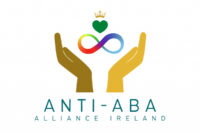Play is often seen as the quintessential childhood activity, something that all children do. This has made play a prominent aspect of how Autistic children present – we hear about ‘inappropriate play’ and ‘parallel play,’ lack of interest in play and solitary play, how Autistic children ‘fail’ to engage in cooperative and competitive play, and so on.
Such concerns, however, rely on a one-dimensional smooth, linear concept of childhood development and of forms of play, and assume an ‘all else being equal’ context. Development is not linear, it stops and starts and changes pace (and direction), and for Autistics, ‘all else’ most definitely is not equal, thus confounding expectations and leading to misunderstandings of both the motivation and utility of Autistic patterns of play and development.
We will examine what play is for, how it works, and how differences in play observed in Autistics point to early-life obstacles, Autistic resourcefulness, and, viewing play as an aspect of overall development, how those differences reflect differences in the pattern and sequencing of development in Autistic children.
This course is best suited to Parents and other caregivers, and to educators and therapists working with younger Autistic children. It is also of value to Autistic people of all ages seeking validation and better understanding of their own experiences and interests.
€30 Investment includes certificate of completion, access to the recording and presentation slides.
Course length: 2hrs 30mins



